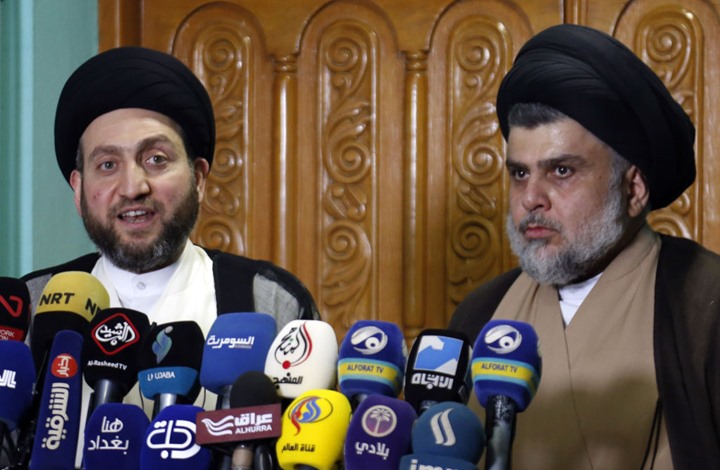The past two decades has shown a transformation in the socio-political characteristics, reflected by the governmental change in Iraq. Before the 2003 war, the previously Sunni group, and in particular, the dictator’s family were dominating the political landscape. Yet, post to the dramatic change in 2003, Iraqis witnessed the rise of the religious authorities engaging in political activities, and the so-called “theologico-political”[1] agenda started to emerge.
The theologico-political figure has instrumentalized the politicization of religion and used it as a magical tool for mobilizing an oppressive discourse that attracted tens to hundreds of thousands of youths who were ignorant of the agenda and manipulated by the “need to respond to the religious call”. That figure who twists religion, is addicted to dogmatic prejudice, and in contrary to his preaching, is capable to descend into what is mundane and materialistic. “His” (the religious personnel have to be a man) nature is characterized by the willingness to fight for power by all means, even if it takes involving in actions of violence, injustice, abuse and aggression, all mantled and can be justified by the religious sanctity.
Despite their limited knowledge to religion, the religious authorities find themselves comfortable issuing “Fatwa” (translates to ruling) regarding any discipline, even if it does not fall within the circle of religion. They do not hesitate to offer scientific explanations or political theories and think of their views as superior to secular knowledge, forgetting the need for basic scholarship to assume understanding or cover concepts and that each disciple requires a different theoretical framework. They do not comprehend that the fact that they know about religion (if they truly do, which is questionable) does not qualify them to sweep conceptions and understandings of other fields.
An important dangerous point that accompanies the theologico-political figure is the sacredness, holiness and aura they surround themselves with. The construction of a barrier between them (superior) and the rest (inferior) becomes essential for them to preserve an elevated status, a prestige. They tend not to mix with the public, and they avoid the media to maintain a painted image on their haughtiness and self-importance, creating a character that does not necessarily exist.
The interference of the religious authorities in the political circle in Iraq is undeniable, and it is evident that it had a great impact on the current deteriorating conditions in Iraq. Despite the multiple scandals that revealed the financial and governmental corruption, in which most of the theologico-politicians involved were exposed, they continued to direct the masses (especially the Shiite group) to elect the same faces or at least the same parties. Manipulating the public is their favorite game and is always backed by the justification that their group should choose the “state of faith”, the religious leader, in obedience to God, regardless of what the elections might negatively bring to people in consequence.
[1] Eberle, Chris and Terence Cuneo, “Religion and Political Theory”, The Stanford Encyclopedia of Philosophy (Winter 2017 Edition), Edward N. Zalta (ed.), URL = <https://plato.stanford.edu/archives/win2017/entries/religion-politics/>.
